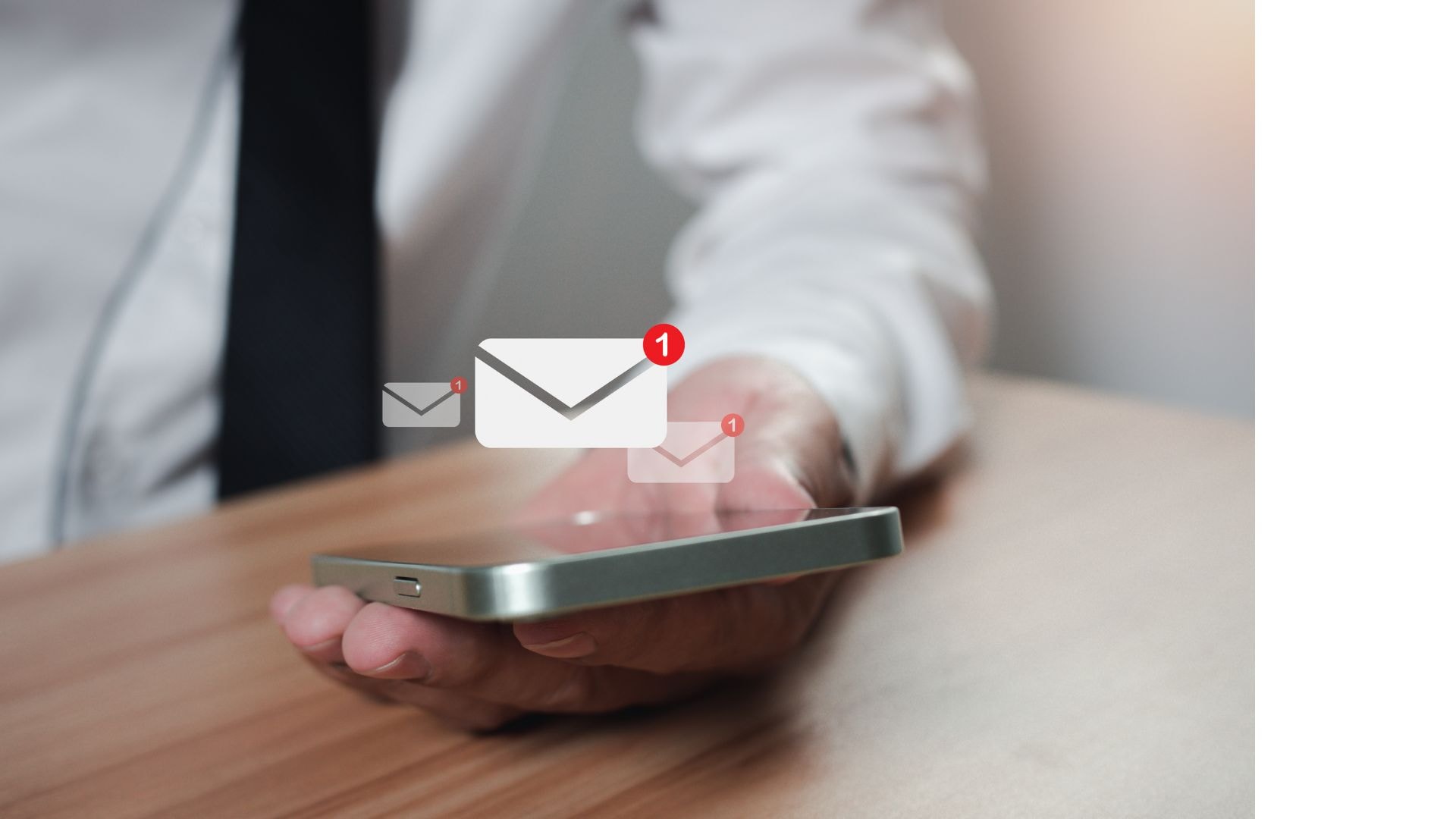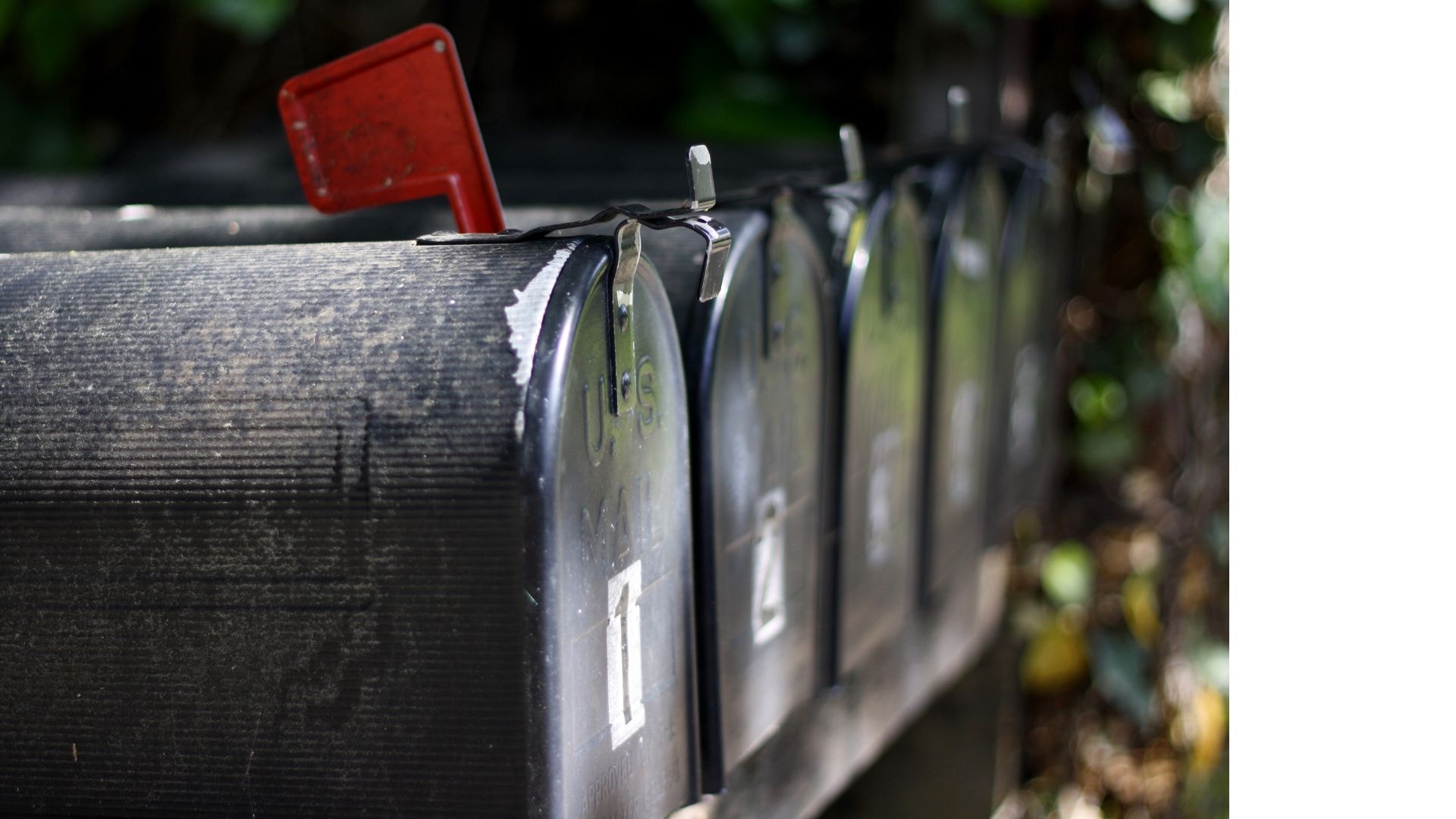Let’s face it: we are living in the digital age.
We can communicate and connect with each other like never before. And effective communication is crucial for fostering community and engagement within a church community. That is why church email automation emerges as a powerful tool, streamlining communication processes and enhancing outreach efforts.
By automating routine tasks such as sending newsletters, event reminders, and personalized messages, churches can save time and ensure consistent, timely communication with their members. This technology not only helps in keeping the church informed but also builds a sense of belonging by delivering relevant content based on individual preferences and involvement. Moreover, automated email systems can segment audiences, track engagement metrics, and provide valuable insights for improving future communications.
Embracing church email automation can transform the way churches connect with their communities, making it easier to nurture relationships, increase participation, and support the spiritual growth of their members. But how does your church get started with email automation? What are the strategies to make it effective?
Let’s find out.
Estimated reading time: 11 minutes
Table of contents
Email Automation for Churches

Before we jump into our list of the top 5 strategies for effective email automation for churches, let’s learn more about email automation itself. What is it, how do you get started, and why should you care? Let’s jump in.
Introduction to Email Automation
Email automation is a technology that allows organizations to send emails automatically based on certain triggers or schedules. This process helps in sending personalized and timely messages without manual intervention. For churches, email automation can be a game-changer, helping to keep church members informed and engaged.
Using email marketing platforms (like Mailchimp or ActiveCampaign), churches can create automated email campaigns that save time and ensure consistent communication. Each email marketing platform offers various tools and templates to design effective emails. This makes it easier than ever to connect with your church community.
Benefits of Email Automation for Churches
So it’s pretty simple: email automation allows your church to send out regular emails without the need to do it all manually. All you need is an email marketing service provider and you have to write some emails in advance. But what’s the point? Why should you care?
Efficiency and Time Savings
One of the primary benefits of email automation is the efficiency it brings. Churches often have a lot of information to share, such as updates on upcoming events, prayer requests, and weekly newsletters. Manually sending these emails can be time-consuming. With email automation, churches can schedule these communications in advance.
This ensures that important information is sent out on time, every time, without needing constant oversight. By using an email service provider, churches can automate routine communications, allowing staff to focus on more personal interactions and ministry work.
According to HubSpot the best time to send out marketing emails is from 9:00am-12:00pm EST.

But that is not convenient for all of us. Are you in the car at that time? At home? Sleeping? With email automation, you can make sure the emails are sent out at the best time possible to reach the most people possible.
Personalized Communication
Email marketing software allows churches to segment their email lists based on various criteria, such as age groups, ministry involvement, or attendance patterns. This segmentation enables churches to send personalized messages that are relevant to different groups of church members.
For example, youth group updates can be sent specifically to teenagers and their parents, while volunteer opportunities can be targeted at active members who have shown interest in serving.
Personalized communication helps in making church members feel valued and connected to the church community. It also increases the likelihood of email engagement, as recipients receive content that is pertinent to their interests and needs. If you already use church management software to organize your community, than you don’t even have to do any extra work!
Enhanced Engagement and Tracking
Church email marketing is not just about sending out messages; it’s also about understanding how those messages are received and acted upon. Email marketing platforms provide tools to track open rates, click-through rates, and other engagement metrics.
This data is invaluable for churches as it helps them understand what type of content resonates with their congregation. For instance, if a particular newsletter has a high open rate, the church can analyze what made it successful and apply those insights to future communications. Conversely, if certain emails have low engagement, adjustments can be made to improve their effectiveness.
By continually refining their email strategies based on these insights, churches can maintain high levels of engagement with their members.
Recap
Email automation is one of many email marketing tools that can significantly enhance the way churches communicate with their members. By leveraging email marketing software and email service providers, churches can automate routine communications, save time, and ensure consistent messaging. Personalized and targeted emails make church members feel more connected and valued, fostering a stronger sense of community.
Additionally, the ability to track and analyze engagement metrics allows churches to continually improve their email marketing efforts, ensuring that their communications remain relevant and impactful. Embracing church email marketing through automation not only streamlines administrative tasks but also enhances the overall church experience for its members.
Top 5 Chuch Email Automation Strategies

We hope you’ve been convinced. Automation can be a huge benefit for your email marketing strategy and your connection to your church. So what now?
In this section, we’ll dive into our list of the top 5 strategies you should implement into your church email automation.
other email marketing platforms
most email marketing platforms
1. Welcome Series
A Welcome Series for new members is an essential email marketing campaign that helps integrate newcomers into the church community. When someone joins the church, they can receive a series of automated emails designed to make them feel welcomed and informed. This series can include a warm welcome message from the pastor, information about the church’s mission and values, and details on upcoming events and programs.
Using email marketing services, churches can easily set up and schedule these welcome emails. The first email might thank the new member for joining and introduce them to key church leaders. Subsequent emails can highlight different ministries, small groups, and volunteer opportunities, helping new members find ways to get involved.
This personalized approach ensures that new members feel valued and connected right from the start. It also provides them with important information they might need to fully participate in church activities. An effective welcome series sets the tone for a positive and engaging experience, helping new members quickly feel like part of the church family. By leveraging email marketing services, churches can create a seamless and welcoming journey for every new member.
2. Event Reminders + Follow-ups
Event reminders and follow-ups are key components of effective communication for church events. These emails help ensure that church members are informed and engaged, leading to higher attendance and participation. Automated event reminders can be scheduled to go out a few days before the event, providing all the necessary details like time, location, and what to expect.
Using clear and engaging subject lines is crucial for these reminder emails. For example, a subject line like “Don’t Miss Our Upcoming Service!” grabs attention and encourages members to open the email. Inside, the email should provide concise and important information about the event, along with any necessary RSVP links or contact details.
After the event, follow-up emails play an important role in keeping the community connected. These emails can include a thank you message, highlights from the event, photos, and even links to recordings or resources shared during the event. Subject lines for follow-up emails could be “Thank You for Joining Us!” or “Event Highlights You Don’t Want to Miss.”
Automating these emails ensures that communication is consistent and timely, making it easier for church members to stay informed and engaged. By utilizing email automation, churches can enhance the overall experience of their events, fostering a stronger sense of community and involvement.
3. Weekly Newsletters

Weekly newsletters are a great way for churches to keep their members informed and connected. By sending a regular update, churches can share important news, upcoming events, prayer requests, and inspirational messages. This helps maintain a strong sense of community and ensures that everyone stays up-to-date.
Most email marketing platforms offer tools to create and schedule these newsletters. They provide easy-to-use templates, allowing churches to design visually appealing and professional-looking emails. These platforms also make it simple to add images, links, and other multimedia elements to enrich the content.
Using automated features available on other email marketing platforms, churches can ensure that their newsletters are sent out at the same time every week. This consistency helps members know when to expect updates and increases the likelihood that they will read them.
Benefits of Weekly Newsletters
- Keeps Members Informed: Regular updates on church news, events, and activities.
- Fosters Community: Sharing prayer requests and inspirational messages builds a sense of connection.
- Saves Time: Automation tools help schedule and send newsletters efficiently.
- Enhances Engagement: Consistent communication keeps members interested and involved.
By leveraging the tools available on most email marketing platforms, churches can efficiently manage their weekly newsletters, saving time and ensuring effective communication. This regular connection fosters a more engaged and informed church community, enhancing overall participation and involvement.
4. Birthday/Anniversary Greetings
Sending birthday and anniversary greetings is a wonderful way for churches to show their members that they are valued and remembered. These personalized messages make members feel special and appreciated, strengthening their connection to the church community.
Using email automation, churches can set up reminders to send these greetings automatically. This ensures that no important dates are missed, and members receive their messages on time. Each email can include a warm message, a scripture verse, or even a prayer for the individual’s special day.
For example, a birthday greeting might say, “Happy Birthday! We are so thankful for you and pray that your day is filled with joy and blessings.” An anniversary message could say, “Happy Anniversary! We celebrate your commitment and love and pray for many more joyful years together.”
These small gestures can have a big impact. They show members that the church cares about them personally, not just as part of a group. By regularly sending birthday and anniversary greetings, churches can foster a more caring and connected community, making each member feel seen and valued.
5. Volunteer/Service Opportunities
Sharing volunteer and service opportunities with church members is a great way to encourage involvement and foster a spirit of community. By informing members about ways they can help, churches can tap into their congregation’s diverse talents and interests.
Using email automation, churches can send out regular updates about upcoming volunteer opportunities. These emails can include details about the tasks, dates, and how members can sign up. For example, an email might say, “Join us this Saturday to help with our community food drive! We need volunteers to pack and distribute food bags. Sign up here!”
Clear subject lines like “Volunteer This Weekend!” or “Help Needed for Church Event” can grab attention and encourage members to open the emails. Including inspiring messages about the impact of their service can motivate more people to get involved.
By consistently sharing these opportunities, churches can ensure that their members are aware of all the ways they can contribute. This not only helps with church activities and outreach programs but also strengthens the sense of community as members work together towards common goals. Volunteering becomes a rewarding experience for everyone, enriching both the volunteers and those they serve.
Church Email Automation

In conclusion, implementing email automation strategies can significantly enhance a church’s communication and engagement efforts. By automating tasks like welcome series, event reminders, weekly newsletters, and personalized greetings, churches can ensure timely and consistent outreach.
These strategies not only save time but also foster a stronger, more connected community. Engaging subject lines and personalized messages show members they are valued and appreciated, while regular updates keep everyone informed and involved. By leveraging the tools available on most email marketing platforms, churches can streamline their communication processes, making it easier to nurture relationships and support spiritual growth.
Embracing these email automation strategies can transform the way churches connect with their congregations, creating a more vibrant and engaged community. As churches continue to adapt to the digital age, these tools offer a powerful way to maintain and strengthen the bonds within their faith community.
We pray over your church as you continue to grow and build your community! God bless!
More Resources on Church Emails





